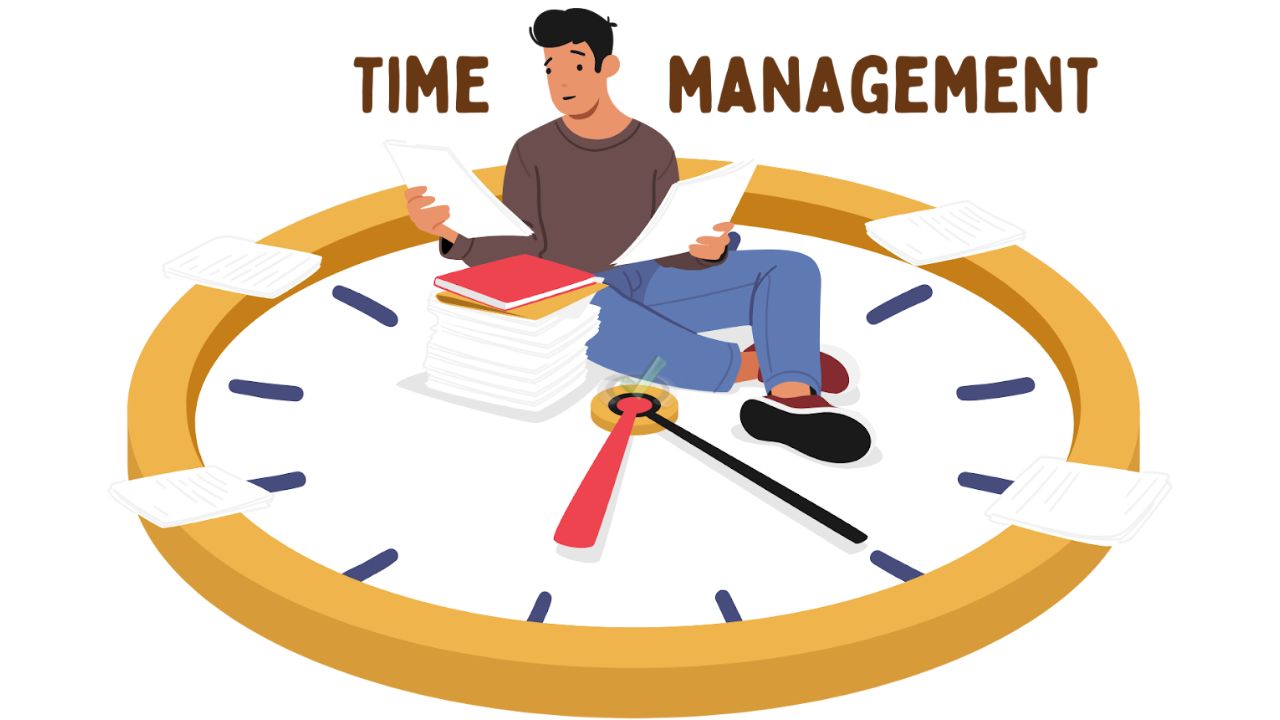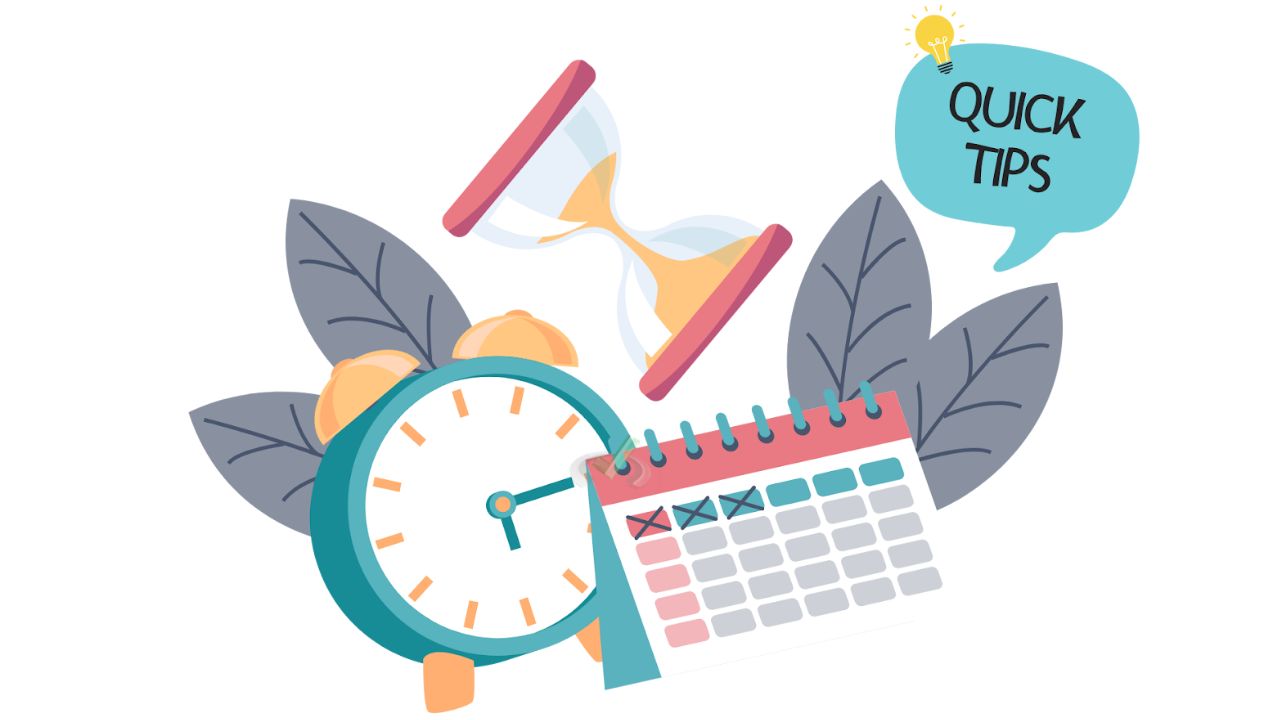
Wondering how long to study for the NCLEX? You’re not alone, nearly 20% of first-time test-takers don’t pass. It’s not because they’re bad students or unlucky. It’s because they didn’t prep the right way.
So, how much study time do you really need? Well, spoiler alert: it’s not the same for everyone. Some people can swing it in a few weeks, while others need months. But don’t worry, we’re about to figure out a plan that works for you.
How Long Should You Really Study for the NCLEX?
Alright, here’s the thing. The number of hours or days you spend cramming doesn’t matter as much as how smart you study. If you want to ace the NCLEX, you’ll need between four to twelve weeks, depending on your situation.
Got all day to study? Maybe you can finish in a month or two. Working part-time, dealing with family? You might need a bit longer. But it’s all about being consistent, not just hitting a magical number of hours.
Let’s break it down. No fluff. Just facts.

Study Plans for Different Schedules
The Full-Time Student Study Plan (8 Weeks)
So, you’re out of school and have some free time. Sweet! You can fit the whole NCLEX study game into an 8-week schedule. This plan works best for those who can dive in daily and not feel the pressure to rush through.
Here’s a simple week-by-week breakdown:
This plan is ideal if you’ve got time and can keep up a consistent schedule without distractions. No sweat, right?
The Working Student Study Plan (12 Weeks)
Got a job? A family? Maybe just life happening? No problem. The 12-week study plan is perfect for balancing NCLEX prep with your busy schedule. This gives you more time to ease into the material and avoid feeling so overwhelmed.
Here’s how that might look:
This plan keeps things manageable if you’ve got a lot on your plate. No need to rush — steady and smart wins the race.
How Long to Study for the NCLEX If You’re a Repeat Test-Taker
Okay, so maybe things didn’t go as planned the first time. Don’t sweat it. There’s no shame in needing a second round. In fact, you already know what you’re walking into, which gives you an edge.
Adjusting Your Study Strategy
How Much Time to Spend This Time Around
For repeat test-takers, a 6-8 week study plan should be enough. You don’t need to revisit every single topic — just the ones that tripped you up. If your schedule is packed, aim for 10 weeks so you’re not stressed or rushing through it.
Proven Tips for Making Your NCLEX Study Sessions Effective

It’s not just about how long you study for the NCLEX, but how you study. Time isn’t everything — being smart with that time is. Here’s how you can boost your productivity and get the most out of your study sessions.
Mix Up Your Study Techniques
Staring at a textbook for hours on end? Nah, that’s not going to cut it. You need to switch things up to keep your brain engaged.
Here’s how:
Avoid the Study Marathon Trap
Long study sessions aren’t the flex you think they are. Research shows shorter, focused bursts of study time work better than marathon sessions.
Try studying for 25-30 minutes and then take a short break. This way, your brain doesn’t fry out, and you actually retain more information.
How to Know If You’re Ready for the NCLEX

So, you’ve been studying. But how do you know when you’re actually ready to take the NCLEX? Here’s how you can gauge if it’s time to schedule that test.
Are You Passing Practice Exams?
If you’re regularly scoring 60-70% on practice exams, you’re in pretty good shape. And no, I’m not talking about cherry-picking easy questions. You should be taking full-length, timed practice exams to get a real feel for the NCLEX. Do these regularly, and track your progress.
Are You Comfortable With Prioritization and Critical Thinking?
The NCLEX is not just about facts—it's about applying those facts to real-life situations. If you can confidently prioritize patient care and answer those tricky critical-thinking questions, that’s a good indicator you're getting close to being ready.
Can You Explain Concepts to Someone Else?
A great way to test your knowledge is to try teaching someone else. If you can explain tricky concepts like prioritization or infection control to a friend (or even your pet), it’s a good sign you know your stuff.
Are You Consistently Getting Questions Right in Weak Areas?
It's one thing to do well in areas you’re already strong in, but have you improved in your weaker areas? If you're finding that you can now get through those tough pharmacology questions or pathophysiology topics without breaking a sweat, you're likely ready.
Feeling Burned Out?
Believe it or not, burnout can signal that you're prepared. Consistent study can leave you feeling wiped out, showing you've put in the effort. It's common to doubt yourself, but often, burnout just means your brain needs a break.
So, take it as a sign to pause and recharge. Listen to what your mind is saying. Remember, it's okay to step back and rest. After all, a well-rested brain can tackle challenges better.
Conclusion: How Long Should You Study for the NCLEX?
The amount of time you should dedicate to NCLEX prep really comes down to what works best for you. Whether you choose an 8-week plan or stretch it to 12 weeks, the most important thing is to find a balance between your available time and how you learn best. Some people need more time, while others can move faster.
It’s not about how long you study, but how effectively you use that time. Focus on what helps you absorb the material and build confidence. What you need to do is to study smart and not just studying long. Remember, it's about quality, not quantity.
